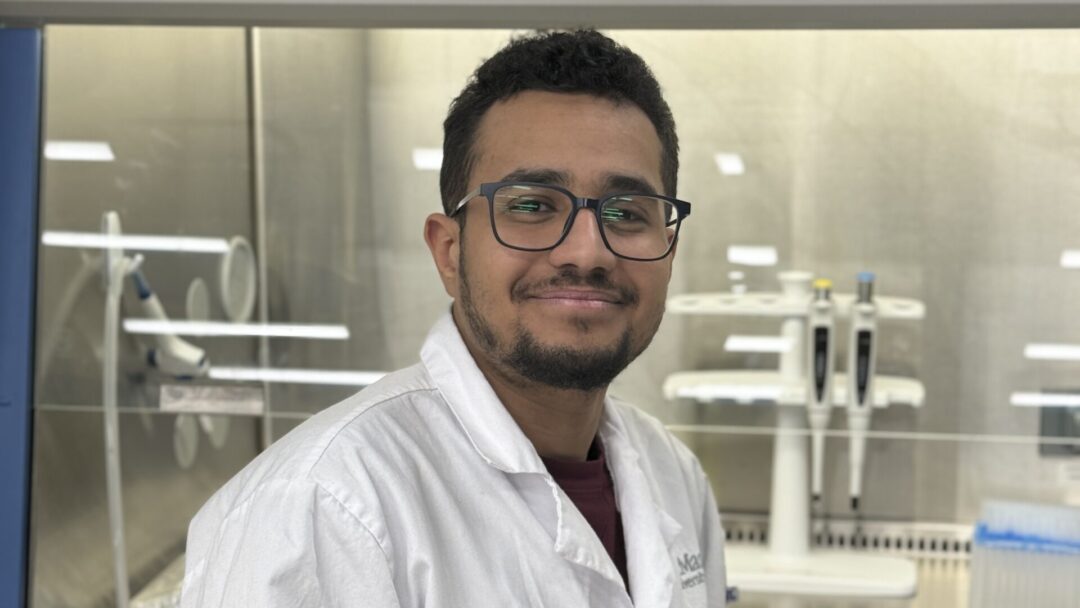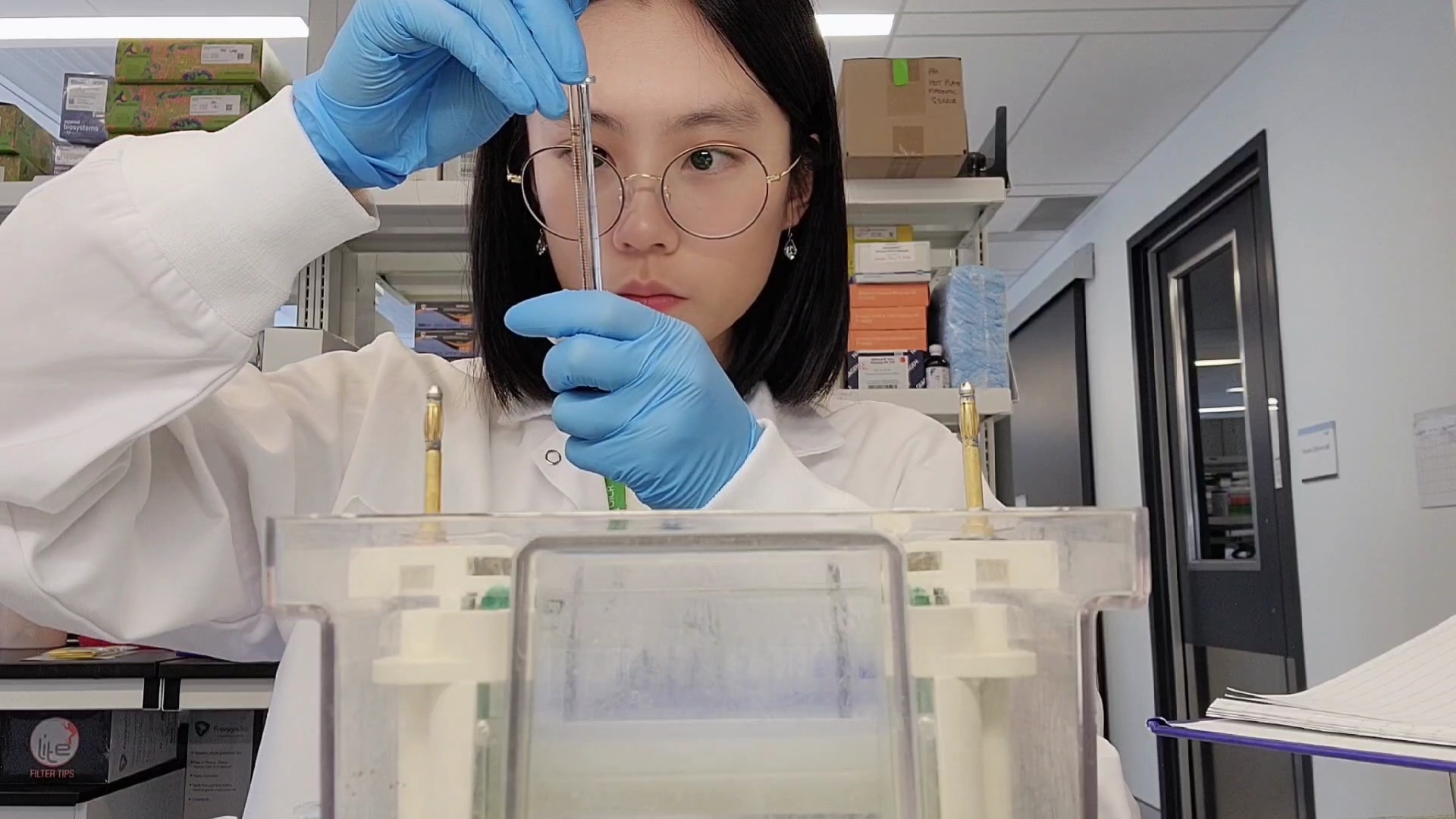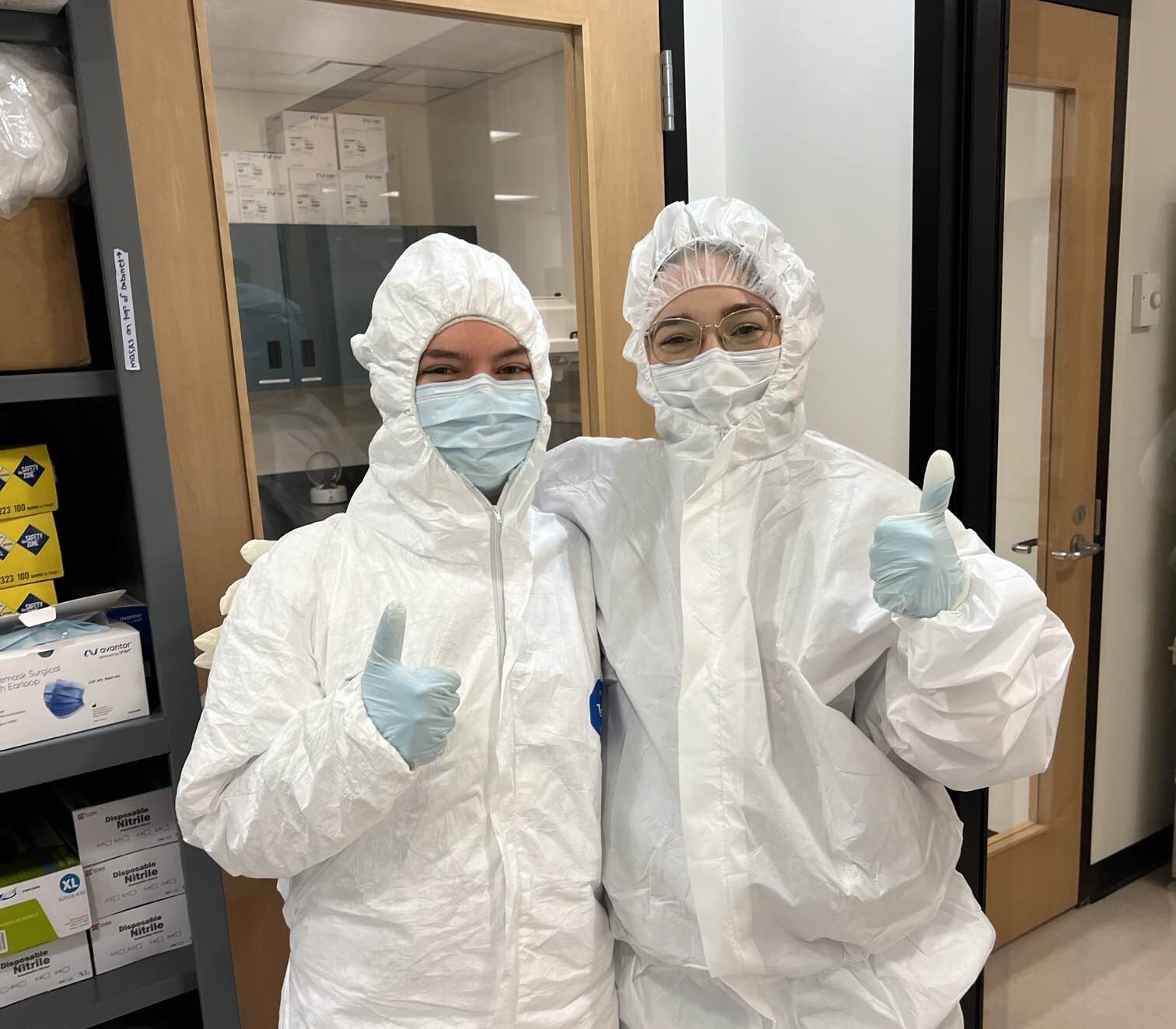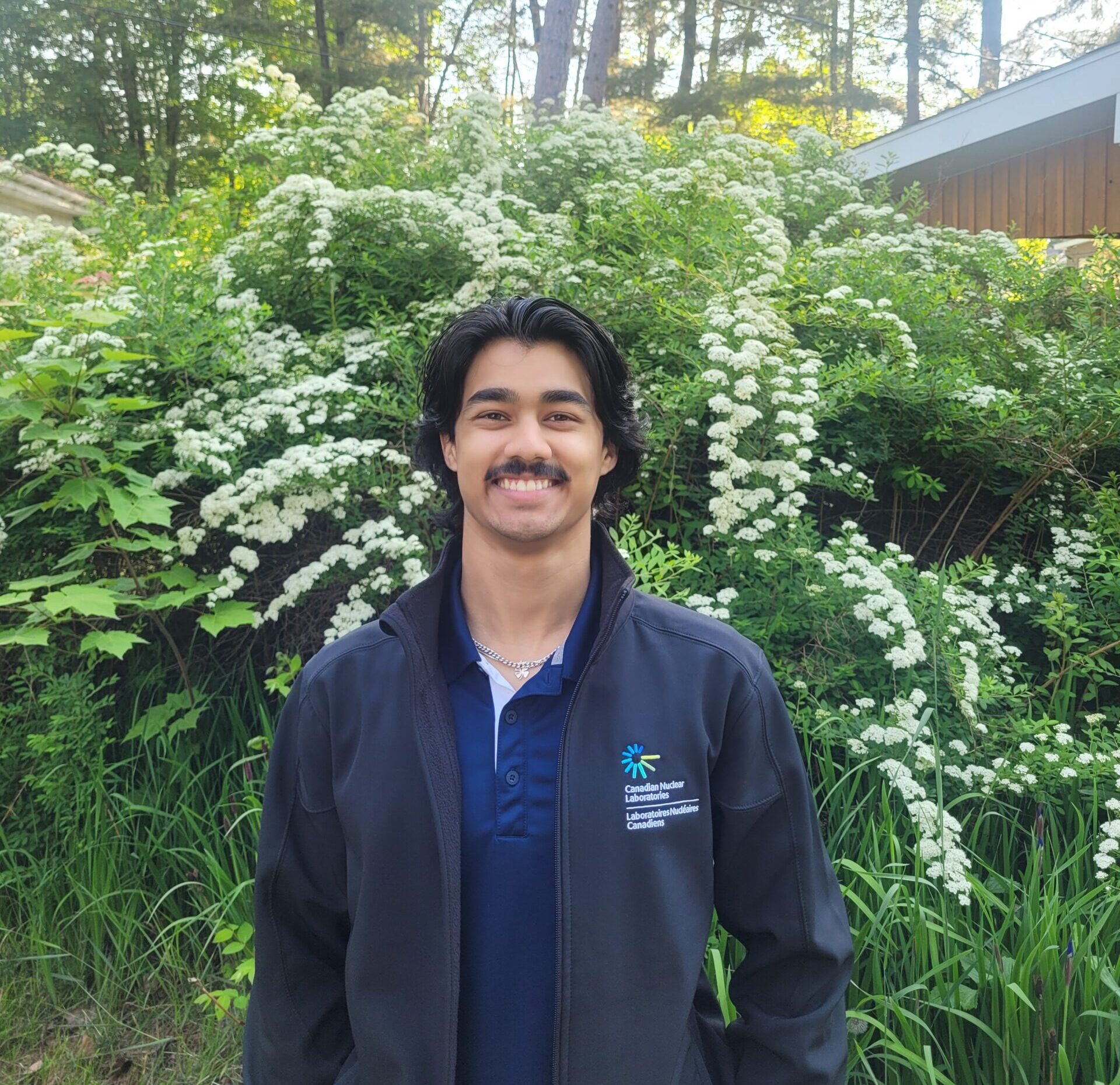Measles meets its match: McMaster student’s data-driven solution

For Ahmed Abdalla, each day at work this summer was like piecing together an intricate puzzle. As a fifth year Life Sciences co-op student at the Public Health Agency of Canada, he worked to help create a functional software to analyze measles sequencing data.
It all began with a job posting that felt designed for him. “Everything aligned perfectly. I loved the prospect of being a public servant. It was the only job I applied to during that search. And I was lucky enough to get it,” Ahmed recalled.
Under the guidance of his supervisors and manager, Ahmed assembled, tested and troubleshot components of a functional measles analysis pipeline. As is the case with any project that requires testing, there were moments where he said he felt stuck. But his team was there to share knowledge and to work through the challenges with him.
What made Ahmed’s experience even more special was the opportunity to work alongside McMaster alumni. Before the first team meeting, he (obviously) googled everyone in advance. It was a comforting realization that 30% of the team shared a McMaster background.
By the end of Ahmed’s work term, it was clear that his work was making a difference. Ahmed could finally see the software come together to produce results, feeling a tangible result of the work he did. “All the little pieces add up and I think this is something to focus on both professionally and personally. If I take everything one step at a time, I can do big things.”
With the rise in measles cases globally, the software was designed to assemble the sequenced virus segments, detect mutations, and guide the deployment of resources. Ahmed recognized the potential impact of his work on measles tracking and the allocation of resources to combat outbreaks.
The highlight of his co-op experience? Working as a team. He cherished the mentorship he received from his supervisors and colleagues. Ahmed also developed a ton of other skills, including computational skills, communication and teamwork skills.
His fondest memories came during the “hangout” times. Working fully remote, Ahmed felt like it was a nice change when everyone “put down their science hats” to get to know each other on a personal level. “There was this moment when everyone was playing gartic phone, and the drawings just got funnier and funnier with each round, and everyone was genuinely laughing out loud.”
Ahmed’s co-op experience opened his eyes to a field that he truly enjoys and can envision as his lifelong career. It solidified his interest in public health and provided opportunities for epidemiological research. “I don’t know what the future holds for me, but I know it will have something to do with public health,” he concluded.
Co-op, Students



